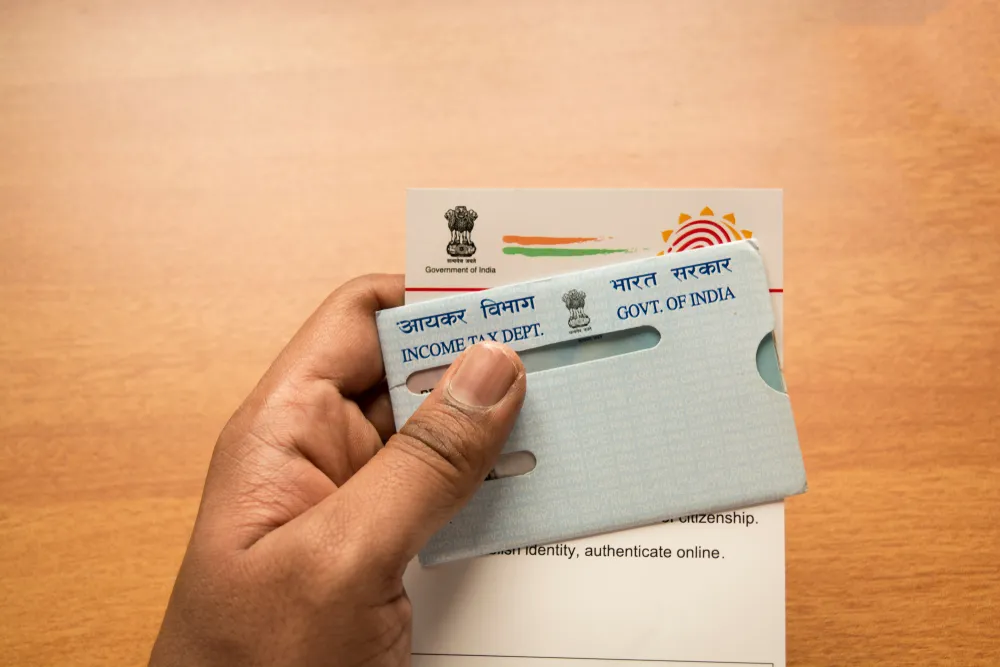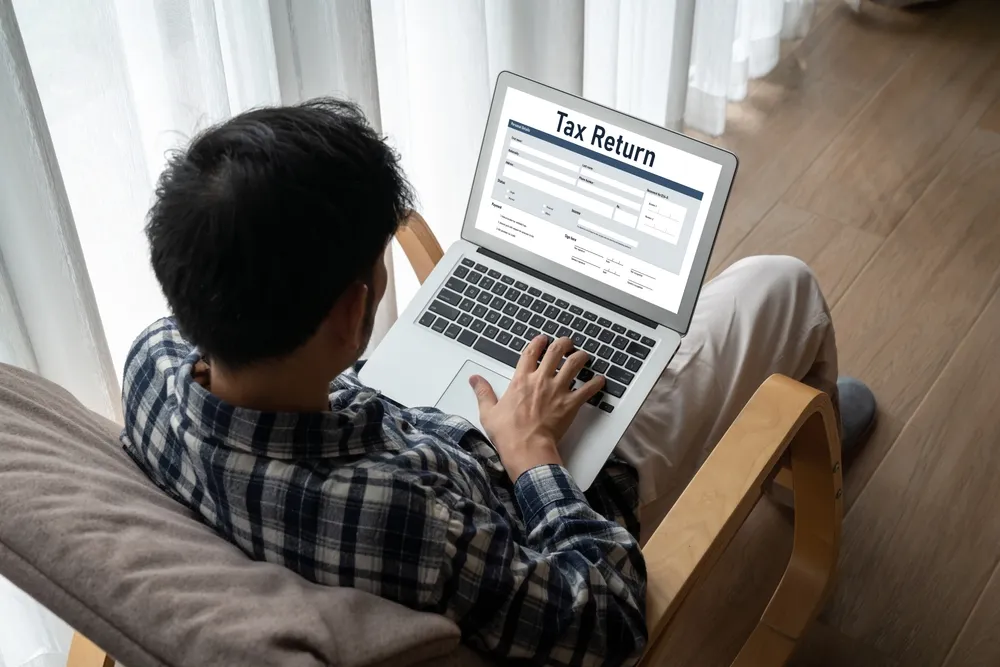Personal Finance News
PAN-Aadhaar rules in Income-Tax Bill 2025: When is it mandatory to quote PAN and Aadhaar number?

3 min read | Updated on February 13, 2025, 18:19 IST
SUMMARY
The Income Tax Bill 2025 has simplified various rules related to Permanent Account Number (PAN) and Aadhaar that taxpayers may like to know. However, there is no significant change in PAN-Aadhaar rules for taxation purposes. The simplified language of the new bill, though, makes these rules easier to understand.

The new income tax bill once enacted will replace six-decade-old Income Tax Act 1961. | Image source: Shutterstock
Finance Minister Nirmala Sitharaman on Thursday (February 13, 2025) tabled the The Income-Tax Bill 2025 (ITB) in the Parliament. The new bill will replace the 65-year-old Income Tax Act of 1961 (ITA) and become a new Income Tax Act of 2025.
The new bill has simplified various rules related to Permanent Account Number (PAN) and Aadhaar that taxpayers may like to know. This article takes a look at those rules.
When is it mandatory to quote Aadhaar?
"Every person who is eligible to obtain Aadhaar number shall quote such number in the application form for allotment of Permanent Account Number and in the return of income," the bill says.
A person who has been allotted PAN and who is eligible to obtain Aadhaar number, shall intimate his Aadhaar number to the income-tax authority in the form and manner as prescribed by the tax department.
Failure to intimate Aadhaar will make PAN of such a person inoperative.
When is it mandatory to quote PAN?
Every person shall quote PAN in all his income tax returns to, or correspondence with, any income-tax authority and in all challans for the payment of any sum due under the Income Tax Act 2025.
Intimate change in address
According to the bill, every person should intimate the assessing officer of any change in his address or in the name and nature of his business on the basis of which the PAN was allotted to him.
When Aadhaar can be quoted in place of PAN
When a person is required to quote PAN, the new bill says that Aadhaar can be furnished if he has not been allotted PAN. Aadhaar can be quoted in place of PAN even when he has been alloted PAN and he has already intimated Aadhaar to the tax authority.
Who needs to get a PAN?
As per the new bill, a person should apply for PAN if he fulfils any of the following conditions:
-
His total income or the total income of any other person for which he is assessable during any tax year is above the basic exemption limit;
-
He is carrying on any business or profession whose total sales, turnover or gross receipts are or is likely to exceed ₹5 lakh in any tax year;
-
He is required to furnish a return of income under section 263 for any tax year; or
-
He is a resident, other than an individual, which enters into a financial transaction of ₹2.5 lakh or more in a tax year; or
-
He is the managing director, director, partner, trustee, author, founder, karta, chief executive officer, principal officer or office bearer of the person referred to in point 4 or any person competent to act on behalf of the person referred to in point 4.
A person cannot apply, obtain or possess another PAN if already has one.
Related News
By signing up you agree to Upstox’s Terms & Conditions
About The Author
Next Story




